Dieting… The benefits of a balanced diet for weight loss and health
Mar 25, 2023By Sophia McDermott, Lifestyle Coach & Fitness Expert.
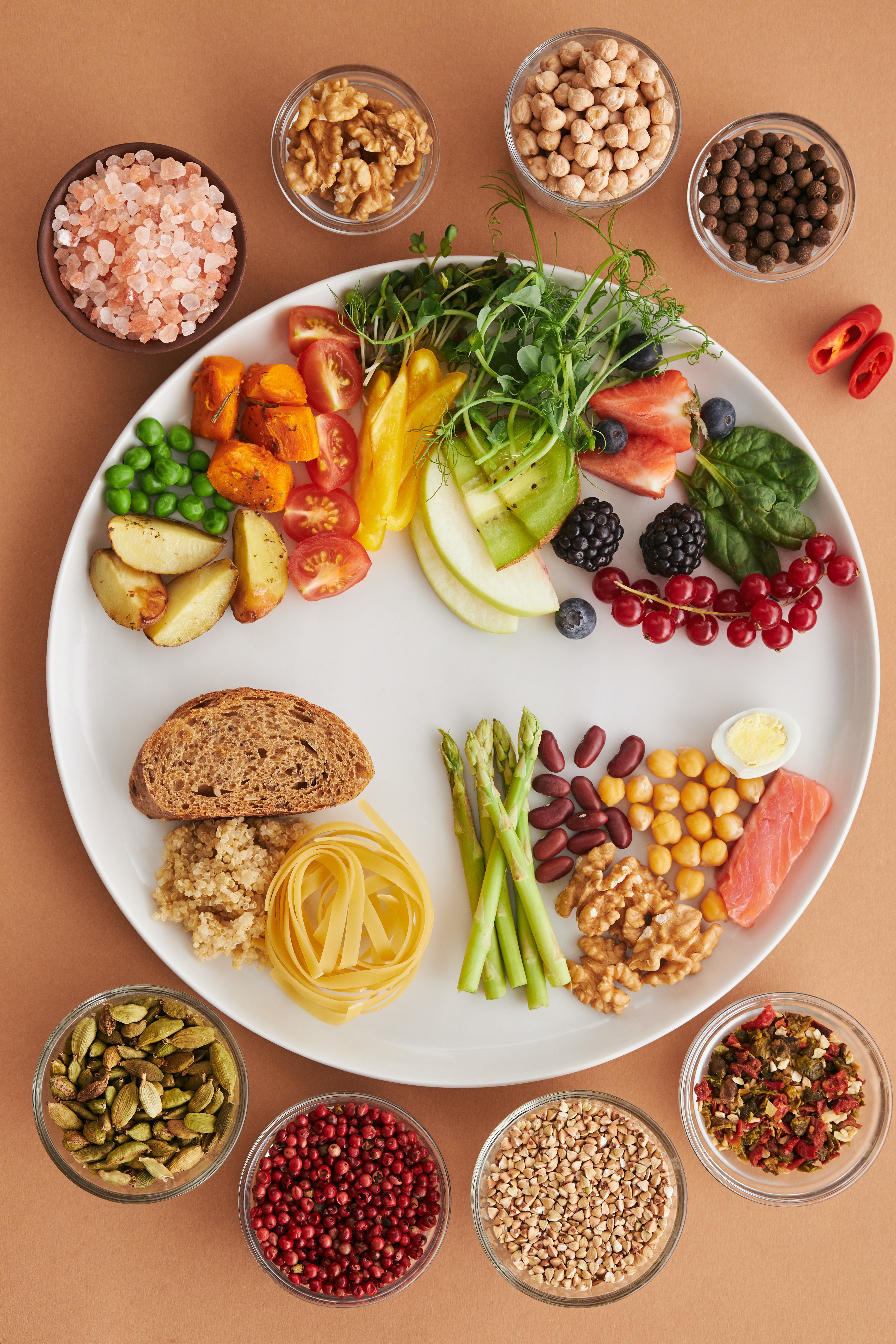
What is having a balanced diet? What does that actually mean?
A diet is not just a recipe for weight loss. This term has become used pretty much only in reference to restricted calories for weight loss. But diet is not a word that should bring up dred or thoughts of starvation, it should be about nutrition for optimal health.
A balanced diet really is about making sure that you are getting enough nutrients from the food you eat to give you good energy throughout the day and for optimal health. Its about getting a healthy range of macros in, including carbs, protein and fat as well as the micronutrients which includes vitamins and minerals. Drastic fad diets and restrictive menus are actually deficient in nutrients because they cut out so many types of foods and food groups. And generally because they are low in calories, you aren’t actually eating enough stuff to get enough of what you need.
A balanced diet includes, whole and natural sources of protein, carbs derived from unprocessed grains and root veggies and healthy fats from fish and meat’s nuts and and seeds. WEating this way will ensure that you are getting the macro and micro nutrients as well as fiber, water and mineral salts that your body needs for a balanced diet.
Here are 10 reasons to have a balanced diet:
Strengthens the body's defense (immune system)
Prevents osteoporosis (and fractures)
Ensures hormonal balance
Decreases the risk of heart disease
Reduces the likelihood of developing diabetes
Improves the joints
Helps to gain flexibility
Maintains bone mass
improves mood
Decreases anxiety and depression
How to eat a balanced diet?
More color please!
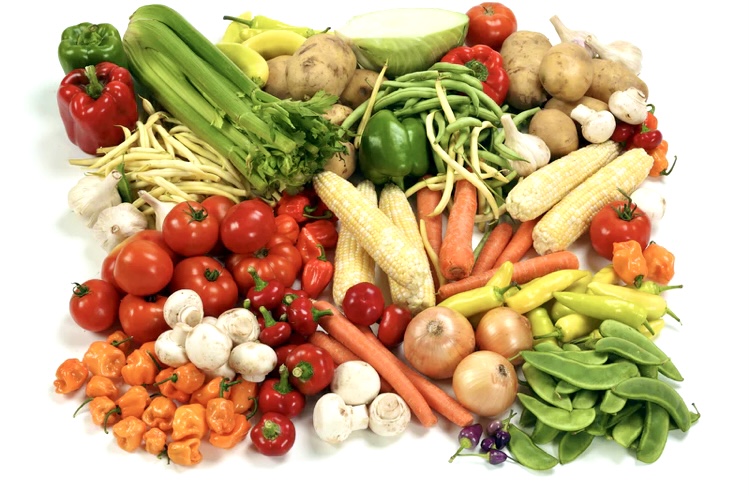
Fruits and vegetables are the best partners in healthy eating. But this is not really new, is it! The difficult thing is to consume every day, even those that we don't appreciate very much.
So a helpful method is to add more colors in each of your meals. For example, adding more green vegetables when cooking the pasta sauce or adding bright red bell pepper or deep green kale to your salads.
I make a note to add something green with every meal. This may be avocado with my breakfast, apple with my snack, arugula with my lunch and broccoli with my dinner.
The darker green or the deeper orange or red, the more nutrients the food has. We can thank the carotenoids for giving these veggies their deep colours which in turn gives these veggies a higher level of nutritional value. They can (and should) be consumed every day.
Don't restrict yourself, instead opt for the healthier sources.
Carbs.
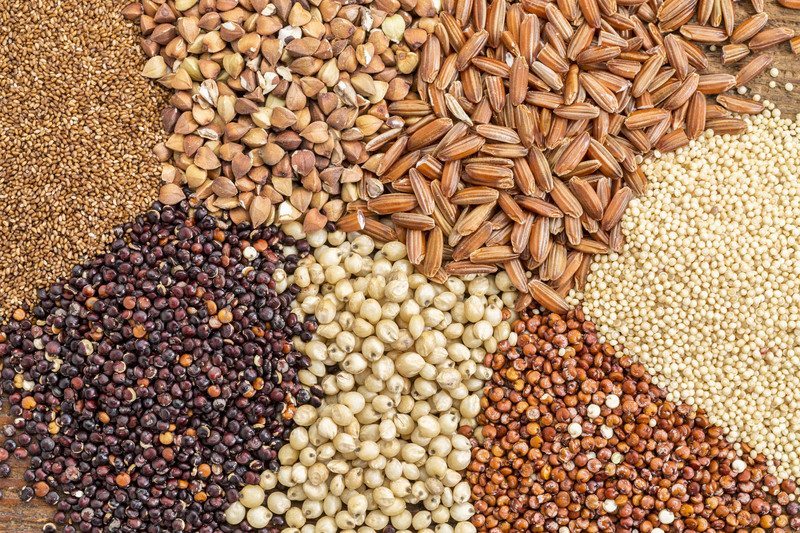
Fat and carbs have had a bad rap over the years. In some way, rightly so because there are some really bad fats out there and pretty bad carbs out there that should absolutely be avoided.
The key is to opt for healthy carbs (rather than no carbs) because your body needs energy to function optimally. Opt for carbs derived from plants such as tubers and roots like sweet potato. Regarding grains, opt for ancient grains such as amaranth, barley or quinoa. They are always the best option instead of foods loaded with “empty carbs”, that is, made with white flour.
As far as proteins go, avoid the bars and fitness junk food. Stick to whole sources of protein such as eggs and fish, chickpeas and lentils.
Fats.
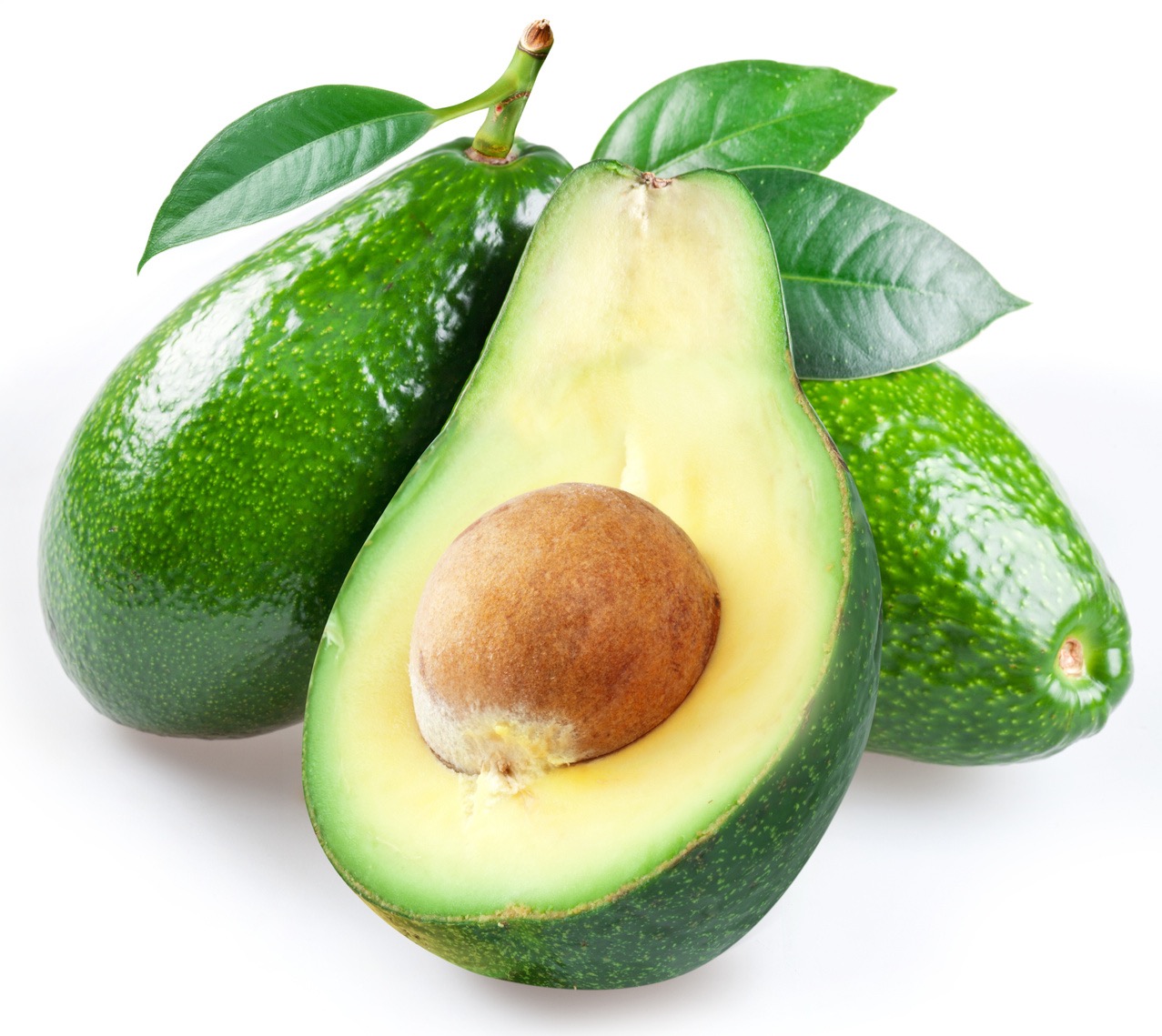
There are a lot of fats to avoid, but ironically most of them are man made. Stay away from margarines, cristo and all trans fats like the plague. The fats that are essential to your health and must be a part of your balanced diet are fats derived from natural animal sources such as butter, fatty fish such as salmon and eggs. Great sources of vegetable fats are found in nuts and seeds, olive oil and cold pressed unrefined coconut oil.
Look out for calcium

Dairy products aren’t great in my book. So there are other ways to get your protein in. Enjoy almond milk instead of cow's milk. Fatty fish such as sardines and canned salmon with the bones are super high in calcium and contain good fats also.
invest in fibers
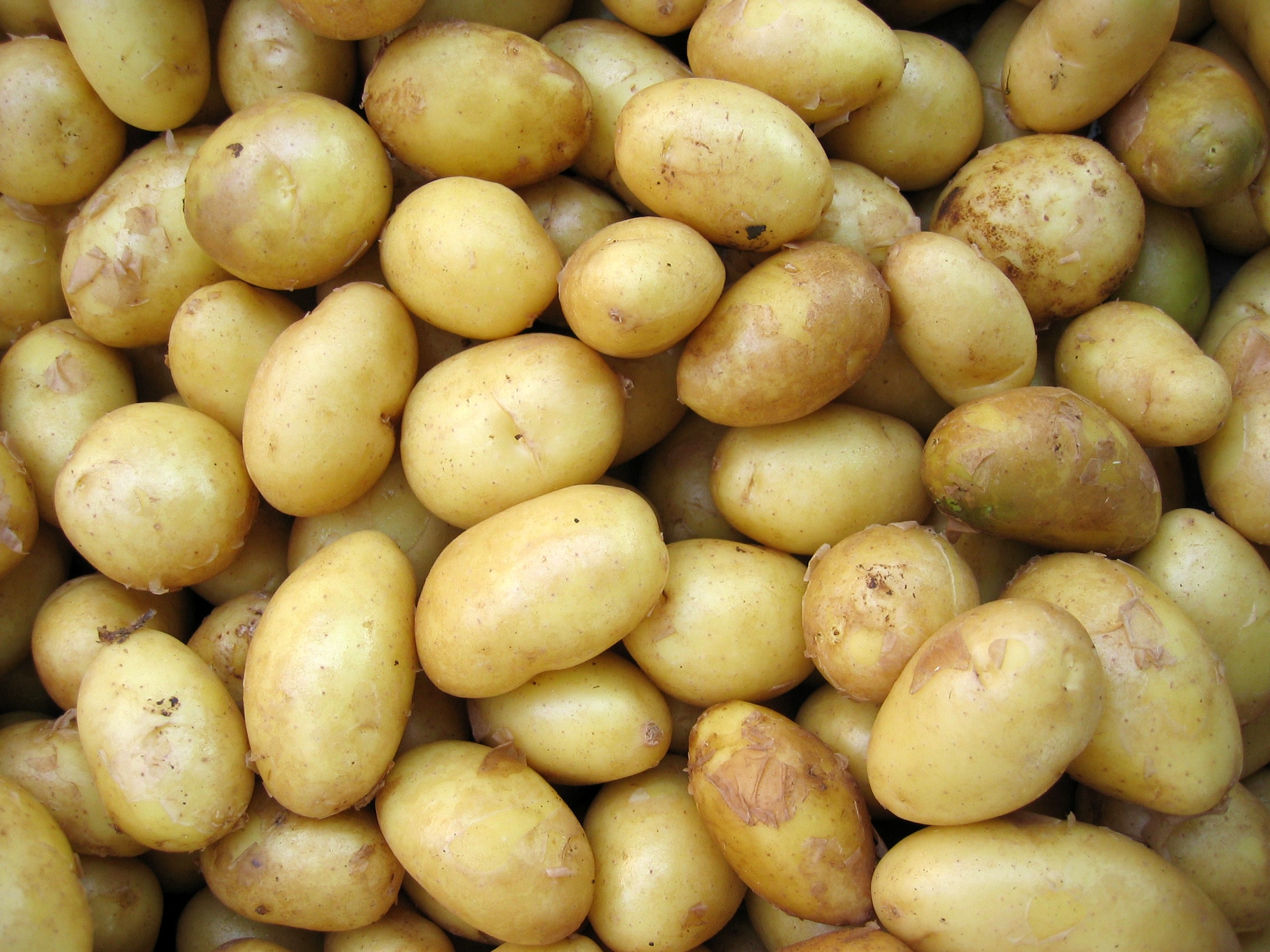
Fiber is essential for optimal digestion and management of blood sugar levels. If you stick to a diet of whole foods with loads of fruits, veggies and some ancient grains, you’ll be all good. Ditch the processed food that are stripped of fiber and ease up on the dairy.
Ready to exchange miraculous promises for a balanced diet? Eating this way with this guideline will keep your waistline in check but it will also ensure your health.
https://www.narayanahealth.org/blog/importance-of-balanced-diet-for-a-healthy-lifestyle/

